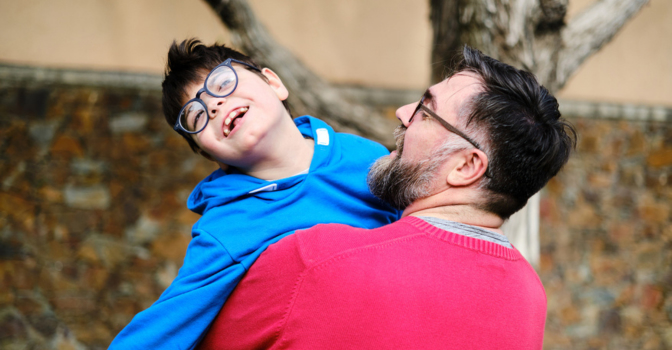When it comes to navigating the complexities of the NDIS and your NDIS Plan, a Local Area Coordinator (LAC) can make a big difference.
Most people on the NDIS over the age of 9 will have an LAC that acts as the main point of contact for the NDIS. This means you can contact your LAC to discuss supports you need with your plan.
What is an LAC and how can they support you?
An LAC is a person who works in partnership with the NDIS. This means they don’t work for the NDIS, but they are professionals whose main role is to help you understand the scheme and your plan. Any questions or concerns you have as a participant can be directed to your LAC.
Your LAC will support you in a number of different ways. This might include:
- Understanding the NDIS
- Talking you through your plan and what supports you are eligible for
- Figuring out your goals
- Accessing the supports you need
- Building your capacity to make your own decisions
- Linking you to community support.
They can help you at any point across your NDIS journey.
It is important to note that while LACs are available to support participants with utilising their plans appropriately, they cannot provide permission or approval to purchase supports. If you need approval to purchase a product or service with your NDIS funding you will need to get this from an NDIA Planner.
How do you access an LAC?
LACs are a free community based service, so there’s no cost to get their help. They’re here to support anyone wanting to learn more about the NDIS, even if you don’t have a formal plan.
If an LAC finds that you’re not eligible for the NDIS, they’ll point you toward other programs and resources that might be a good fit.
You can find your local LAC offices on the NDIS website.
Understanding your plan with your LAC.
When you are accepted as a participant, the NDIS will create your plan using the information you and your LAC used for your application.
Once your plan has been created, you’ll be invited to organise a plan meeting with either your LAC or an NDIA Planner.
You can ask your LAC for support at any time. You might need help with understanding your plan, using it, or what kinds of things your budget can be spent on.
Setting goals with your LAC.
A big part of your NDIS Plan is your personal goals. It can be tricky to create goals for yourself if you’ve never thought about it before, but your LAC can help you.
Do you have any goals for how you want to live your life? What might you be able to access, experience or achieve with extra support from your NDIS Plan? Your LAC or NDIA Planner will support you to create these goals during your first planning meeting. You can also change your goals and workshop them with your LAC at any point during your plan.
There’s a special section in the Leap in! app designed to assist with setting goals and the steps included to reaching them. Look for Goals in the My profile section. If you don’t know where to start with setting goals, it has hundreds of suggestions!
Navigating big changes to your supports with your LAC.
For many people on the NDIS, one of the most complicated parts of the scheme is the support categories. This is especially true because of the new changes to NDIS supports.
This is where your LAC comes in. They will explain the support categories to you and if you’re an existing participant, your LAC can also help you understand the latest changes and how they will affect you.
It’s not uncommon for it to take a little while to understand supports, and often it takes some time to get used to using them. One of the best ways to access help with understanding or using your funding across your support categories is to contact your LAC. They can help you understand how to use your funding, what budgets can be used for what supports and any other questions you have.
Building connections and community with your LAC.
Community is key for supporting people on the NDIS, so understanding that your LAC is there to help you build connections is important. Depending on your goals, your support needs and your location, your LAC can help in a number of ways.
They can:
- Provide you with information about programs or activities in your local community
- Connect you with community groups, recreational activities, and other social networks
- Help you build your support network and strengthen your connection to them
- Help you understand the different options you have for accessing community support
- Help you understand how community support can help you pursue your NDIS goals.

